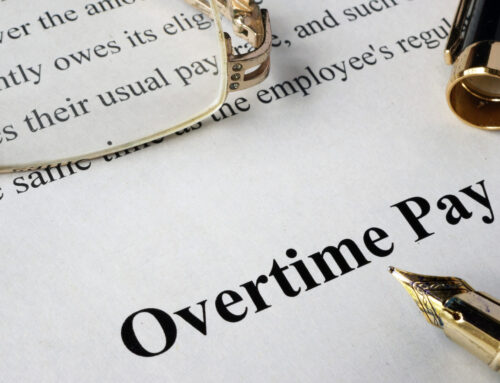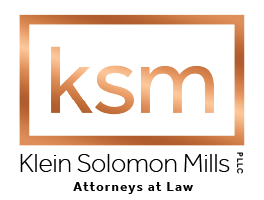Last month, the Supreme Court agreed to hear a case called In Re Grand Jury, which asks the justices to decide whether the attorney-client privilege should apply to protect communications that include both legal and non-legal advice. Because employers often seek guidance from counsel on overlapping legal and non-legal business matters, this decision is particularly important in the employment law context.
What is the Attorney-Client Privilege?
The attorney-client privilege shields certain communications between an attorney and a client from disclosure during litigation. As the Supreme Court has explained, this protection “encourage[s] full and frank communication between attorneys and their clients and thereby promote[s] broader public interests in the observance of law and administration of justice.” Upjohn Co. v. United States, 449 U.S. 383, 389 (1981). In general, the privilege covers communications made to obtain or provide legal advice. Business or tax preparation advice, on the other hand, is typically not privileged, even if it is provided by a lawyer.
What Happened in In Re Grand Jury?
In In Re Grand Jury, an unnamed company hired a law firm specializing in international tax law to advise it on the tax consequences of moving operations to the United States. The United States government later initiated a criminal investigation against the company and subpoenaed documents and communications related to the tax expatriation from the law firm.
In response, the law firm withheld certain communications, asserting protection under the attorney-client privilege. The government then moved to compel disclosure of the withheld documents, arguing that they primarily sought business (and tax) advice, rather than legal advice. The district court granted the government’s motion to compel, and the Ninth Circuit affirmed, concluding that because the “primary purpose” of the communications was providing tax strategy, it was not protected by the attorney-client privilege.
The law firm then petitioned the Supreme Court for review, arguing that the attorney-client privilege should apply because a “significant purpose” of the communications was to seek legal advice.
Why Did the Supreme Court Take this Case?
In granting review of In Re Grand Jury, the Supreme Court will resolve a disagreement or “circuit split” between the U.S. Courts of Appeals on how to determine whether the attorney-client privilege applies to “dual-purpose” communications that contain both legal and non-legal (business or tax-related) advice.
The Ninth, Second, Fifth, and Sixth Circuits use the “primary purpose” test. Under this test, courts must decide the “primary purpose” or main reason for the communication. If it was to provide legal advice, then attorney-client privilege applies, and the communication is protected from disclosure. If, on the other hand, the primary purpose was to provide business or tax advice, the communication is not protected by the privilege and must be disclosed in discovery.
The U.S. Court of Appeals for the D.C. Circuit uses the “significant purpose” test. Under this framework, courts must ask, “[w]as obtaining or providing legal advice… one of the significant purposes of the communication?” In re Kellogg Brown & Root, Inc., 756 F.3d 754, 760 (D.C. Cir. 2014) (emphasis added). If so, then the privilege applies to shield the communication from disclosure. Notably, current Supreme Court Justice Brett Kavanagh—who was then serving as a judge for the D.C. Circuit Court—authored the Kellogg Brown decision. In his analysis, he criticized the “primary purpose” test, stating:
After all, trying to find the one primary purpose for a communication motivated by two sometimes overlapping purposes (one legal and one business, for example) can be an inherently impossible task. It is often not useful or even feasible to try to determine whether the purpose was A or B when the purpose was A and B. It is thus not correct for a court to presume that a communication can have only one primary purpose.
Id. at 759.
What Does This Mean for Employers?
While we await the Supreme Court’s decision, employers should assume that the more narrow “primary purpose” standard applies. In practice, this means that employers and their attorneys should think carefully about what they include in their written communications. If sensitive information is involved, consider discussing it in person or over the phone, instead of in an email. If you do send an email or other written communication, make sure to explicitly indicate when legal advice is the primary reason for the communication. That way, if the communication is requested in litigation years down the road, it will be easier to establish and preserve its protection.
Contact us today to learn more about how KSM can help your business solve problems.
The information contained in this blog does not constitute legal advice, nor does this blog create an attorney-client relationship. KSM attorneys do not blog about pending matters handled on behalf of our clients and will never disclose client confidences.







